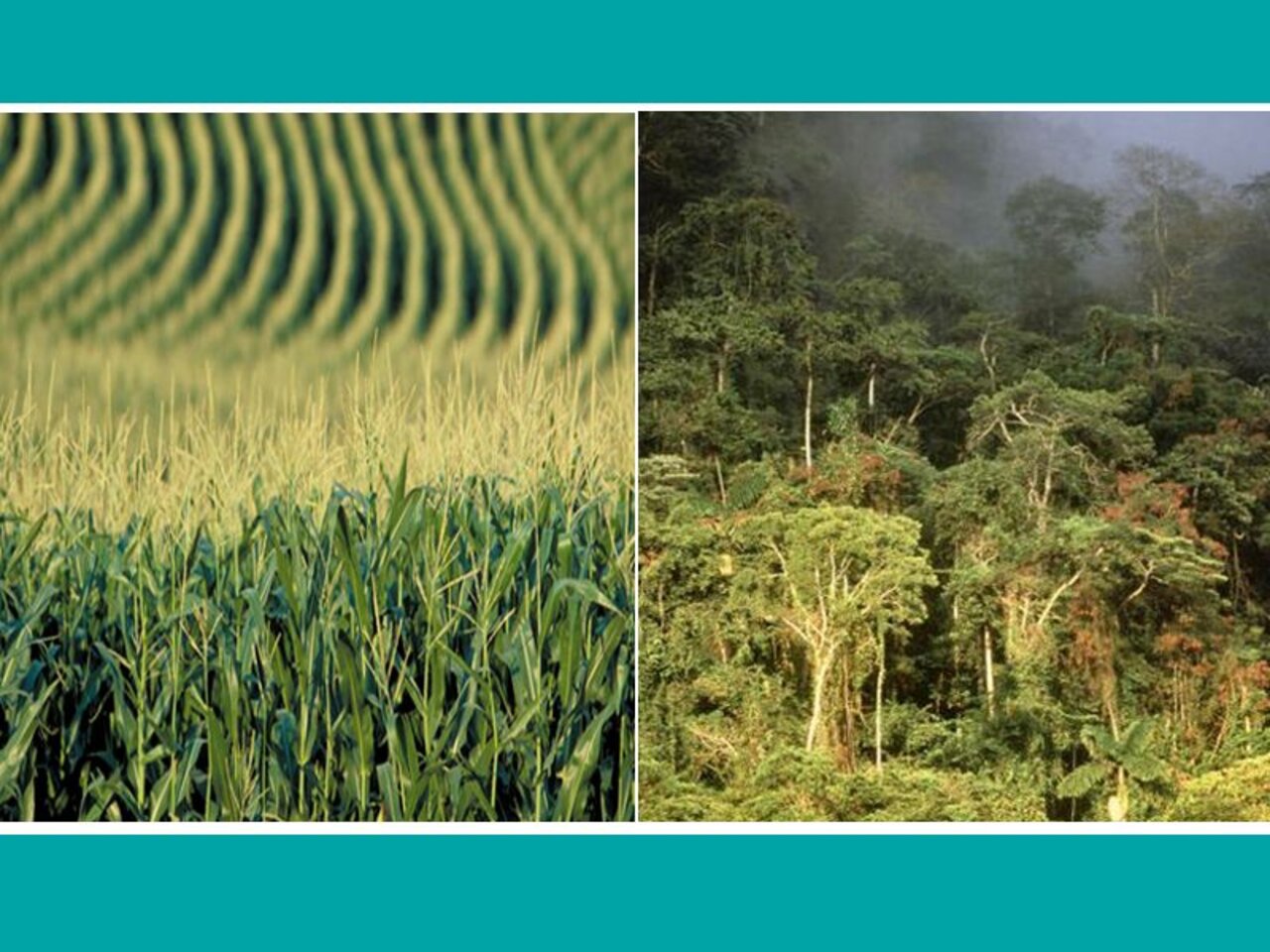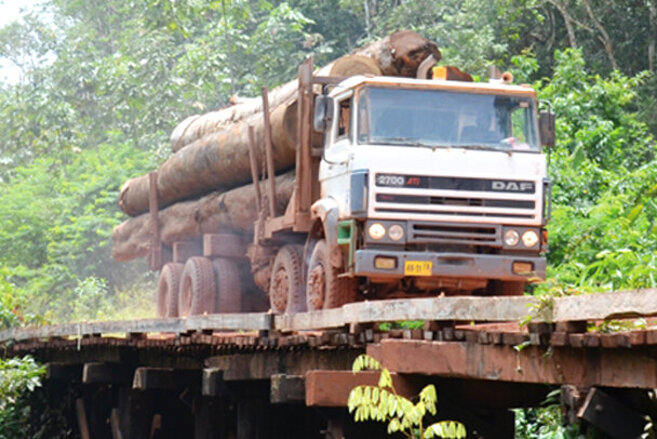Project
Deforestation-free supply chains – Opportunities & Limits of private sector's initiatives

Deforestation-free supply chains – Opportunities & Limits of private sector's initiatives
The deforestation-free production of agricultural commodities has moved into the focus of civil society since the connection between industrial agriculture and the loss of tropical forests has reached public awareness.
Background and Objective
A study for the European Commission (2013) analysed “The impact of EU consumption on deforestation” for crop, livestock and wood products. The study highlighted inter alia the role of the EU27 in the global trade of soy, where the European Union imports 60% of Brazilian and 50% of Argentinian soy exports - both countries where soy is one of the most important drivers of deforestation. With the Amsterdam Declaration in 2015, the German government together with other European countries declared their willingness to support the private sector’s goal to eliminate deforestation from agricultural supply chains by 2020.
One objective of this project is to evaluate whether certification standards are appropriate for the target of stopping deforestation. Furthermore, we aim at identifying synergies and challenges of the potential linkage of different concepts aiming at reducing deforestation and try to provide solutions.
Approach
The production of soy is an important driver for the deforestation of primary forests, especially in Brazil. The European Union, and in particular Germany, is a relevant importer of soy and thereby indirectly contributes to the ongoing deforestation. Usually companies use certification schemes to ensure deforestation-free sourcing and in general the compliance with social or ecological requirements. Our analysis of those soy certification schemes that are compliant with the Soy Sourcing Guidelines of the European Feed Manufacturers' Federation (FEFAC) has shown that requirements between the schemes are quite different.
Results
In joint collaboration with the Thünen Institute of Market Analysis, we evaluated the FEFAC compliant standards regarding their requirements for conservation of natural ecosystems, good agricultural practice, social criteria, auditing and traceability systems. We identified ISCC PLUS and ISCC EU as the schemes with the highest overall scores. ProTerra and RTRS have high requirements in place, as well. These certification schemes are in line with the political goals of the Amsterdam Declaration, but also with the voluntary commitments of relevant private sector organizations and business networks, such as the Consumer Goods Forum.
- Project brief 2020/14 (DE) Yvonne Hargita
DOI:103220/PB1587381727000 - Project brief 2020/14a (EN) Yvonne Hargita
DOI:103220/PB1587381393000
Links and Downloads
New York Declaration on Forests
The impact of EU consumption on deforestation
Thünen-Contact

Alumni
- Yvonne Hargita
Publikationen
- 0
Hargita Y, Giessen L, Günter S (2020) Primärwaldverlust bis 2030 stoppen: UNFCCC REDD+ und Entwaldungsfreie Lieferketten. Hamburg: Thünen-Institut für Internationale Waldwirtschaft und Forstökonomie, 1 p, Project Brief Thünen Inst 2020/14, DOI:10.3220/PB1587381727000
- 1
Hargita Y, Giessen L, Günter S (2020) Similarities and differences between international REDD+ and transnational deforestation-free supply chain initiatives - a review. Sustainability 12(3):896, DOI:10.3390/su12030896
- 2
Hargita Y, Giessen L, Günter S (2020) Towards ending natural forest loss by 2030: UNFCCC REDD+ and deforestation-free supply chains. Hamburg: Thünen Institute of International Forestry and Forest Economics, 1 p, Project Brief Thünen Inst 2020/14a, DOI:10.3220/PB1587381393000
- 3
Hargita Y, Bick U (2019) Assessment of FEFAC-compliant certification schemes for deforestation-free soy and evaluation towards the goals of the NYDF and the AD. Schr Gesellsch Wirtsch Sozialwiss Landbaues 54:307-318
- 4
Hargita Y, Hinkes C, Bick U, Peter G (2019) Entwaldungsfreie Agrarrohstoffe - Analyse relevanter Soja-Zertifizierungssysteme für Futtermittel. Korrigierte Auflage. Braunschweig: Johann Heinrich von Thünen-Institut, 86 p, Thünen Working Paper 98, DOI:10.3220/WP1575275224000
Duration
6.2017 - 12.2020
More Information
Project status:
finished








